best choice of soil for raised bed vegetable garden
S K
6 years ago
last modified: 6 years ago
Featured Answer
Sort by:Oldest
Comments (26)
gardengal48 (PNW Z8/9)
6 years agoRelated Professionals
Carson Landscape Architects & Landscape Designers · Avocado Heights Landscape Contractors · Belvedere Park Landscape Contractors · Braintree Landscape Contractors · Deer Park Landscape Contractors · Gainesville Landscape Contractors · Hicksville Landscape Contractors · Hilton Head Island Landscape Contractors · Porterville Landscape Contractors · Arlington Heights Decks, Patios & Outdoor Enclosures · Lockport Decks, Patios & Outdoor Enclosures · Manchester Decks, Patios & Outdoor Enclosures · Pataskala Decks, Patios & Outdoor Enclosures · Pittsburgh Decks, Patios & Outdoor Enclosures · Pittsburgh Decks, Patios & Outdoor EnclosuresS K
6 years agogardengal48 (PNW Z8/9)
6 years agorgreen48
6 years agolast modified: 6 years agoS K
6 years agogardengal48 (PNW Z8/9)
6 years agoS K
6 years agoS K
6 years agogardengal48 (PNW Z8/9)
6 years agogumby_ct
6 years agolast modified: 6 years agoS K
6 years agogardengal48 (PNW Z8/9)
6 years agorgreen48
6 years agolast modified: 6 years agogardengal48 (PNW Z8/9)
6 years agorgreen48
6 years agolast modified: 6 years agogardengal48 (PNW Z8/9)
6 years agotoxcrusadr
6 years agogekkodojo
6 years agogumby_ct
6 years agoCori Ann - H0uzz violated my privacy
6 years agoS K
6 years agoS K
6 years agorgreen48
6 years agolast modified: 6 years agotoxcrusadr
6 years agoCori Ann - H0uzz violated my privacy
6 years ago
Related Stories
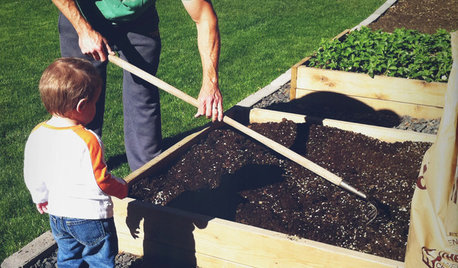
GARDENING AND LANDSCAPINGBuild a Raised Bed to Elevate Your Garden
A bounty of homegrown vegetables is easier than you think with a DIY raised garden bed to house just the right mix of soils
Full Story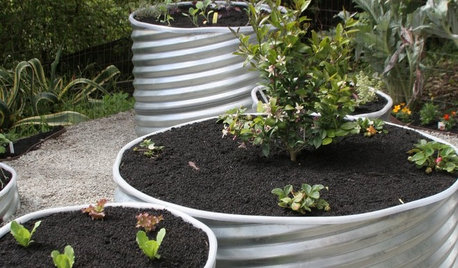
GARDENING GUIDES8 Materials for Raised Garden Beds
Get the dirt on classic and new options for raised vegetable and plant beds, to get the most from your year-round garden
Full Story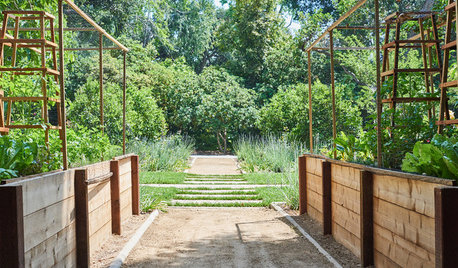
EDIBLE GARDENS7 Tips to Ensure Success With Raised Bed Gardening
Raised bed gardening is a favorite for edible plants. Here’s how to get it right
Full Story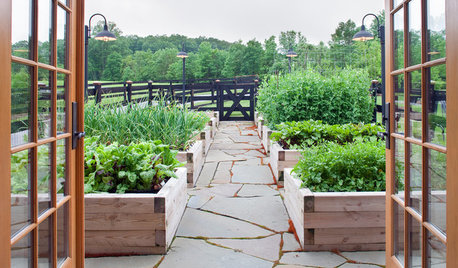
FARM YOUR YARDRaised Beds for Every Garden Style
There’s a raised bed design for every landscape, from traditional to contemporary
Full Story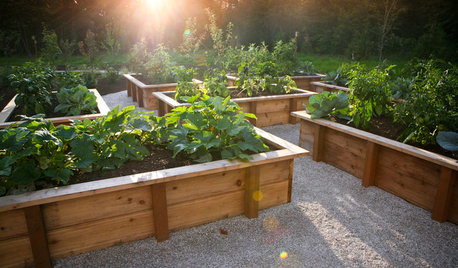
GARDENING AND LANDSCAPINGRaised Beds Lift Any Garden
From good old-fashioned wood garden boxes to modern metal troughs, raised beds can make any landscape space look great
Full Story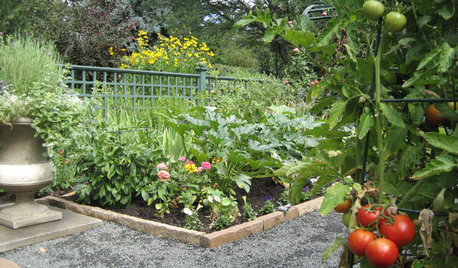
SPRING GARDENINGInspiring Raised Beds for Fall and Spring Planting
Make Your Next Vegetable Garden Even Better with Beautiful Boxes and Paths
Full Story
GARDENING GUIDESGet the Dirt on Your Garden’s Soil
Understand how your soil supports your plants so you can ensure your garden’s success
Full Story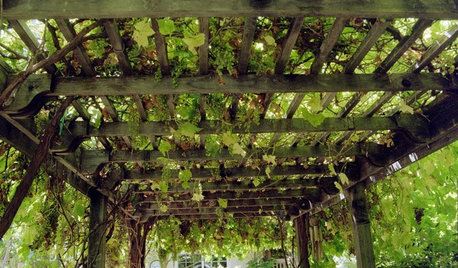
GARDENING AND LANDSCAPINGVertical Gardens Raise the Limits for Landscapes
Turn a small garden space into a towering success with an upward-bound collection of edible delights
Full Story
FARM YOUR YARDHow to Build a Raised Bed for Your Veggies and Plants
Whether you’re farming your parking strip or beautifying your backyard, a planting box you make yourself can come in mighty handy
Full Story
GARDENING GUIDESGrow a Beautiful Garden in Alkaline Soil
Got alkaline soil? Learn how to manage it and the many beautiful plants that will thrive in this ‘sweet’ soil
Full StorySponsored
Your Custom Bath Designers & Remodelers in Columbus I 10X Best Houzz
More Discussions






rgreen48